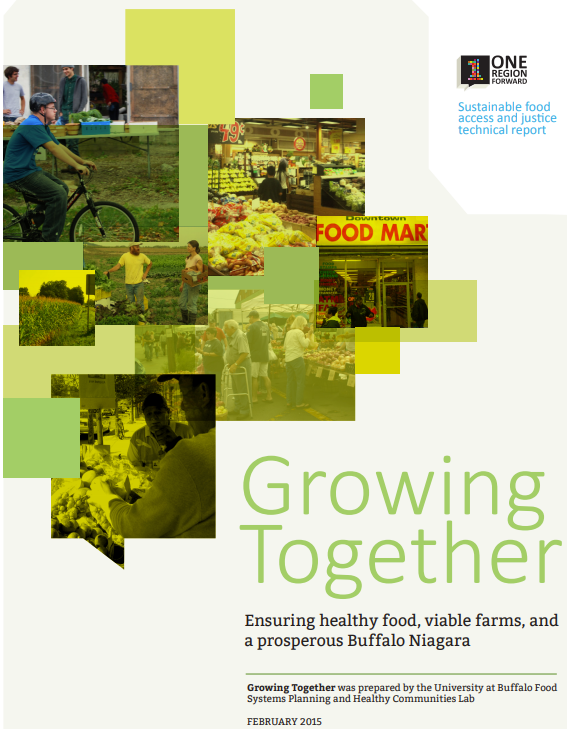 Safe Routes to Schools programs seek to foster improvements that facilitate active commuting in five thematic areas: education, encouragement, engineering, enforcement, and evaluation. The Town of Amherst, New York is the lead sponsor of a Safe Routes to School (SRTS) program that builds off a successful 2008 SRTS program in the Williamsville Central School District. This project, funded through the United States Department of Transportation, Federal Highway Administration, facilitates infrastructure and non-infrastructure improvements to increase active commuting to schools in the Amherst Central and Sweet Home Central school districts.
Safe Routes to Schools programs seek to foster improvements that facilitate active commuting in five thematic areas: education, encouragement, engineering, enforcement, and evaluation. The Town of Amherst, New York is the lead sponsor of a Safe Routes to School (SRTS) program that builds off a successful 2008 SRTS program in the Williamsville Central School District. This project, funded through the United States Department of Transportation, Federal Highway Administration, facilitates infrastructure and non-infrastructure improvements to increase active commuting to schools in the Amherst Central and Sweet Home Central school districts.
The Food Systems Planning and Healthy Communities Lab is actively involved in the education, encouragement, and evaluation components of this program in the Sweet Home Central School District and the Amherst Central School District through events such as Walk to School Day and other active commuting events. The Town of Amherst Engineering Department is our partner in engineering, and the Town of Amherst Police Department is our partner in enforcement.
Team Members: Samina Raja, Sora Baek, Bumjoon Kang, Jeanne Leccese, Elizabeth Machnica
Resources
The Food Systems Planning and Healthy Communities Lab has developed a number of resources in partnership with the Sweet Home Central School District and the Town of Amherst. These resources include maps for each district elementary school that indicate safe walking and bicycling routes to school and infographics with useful information and facts about walking and bicycling for parents, students and school administrators. In addition, we have published the results of a survey of parents from the Sweet Home Central School District. These resources can be found below.

